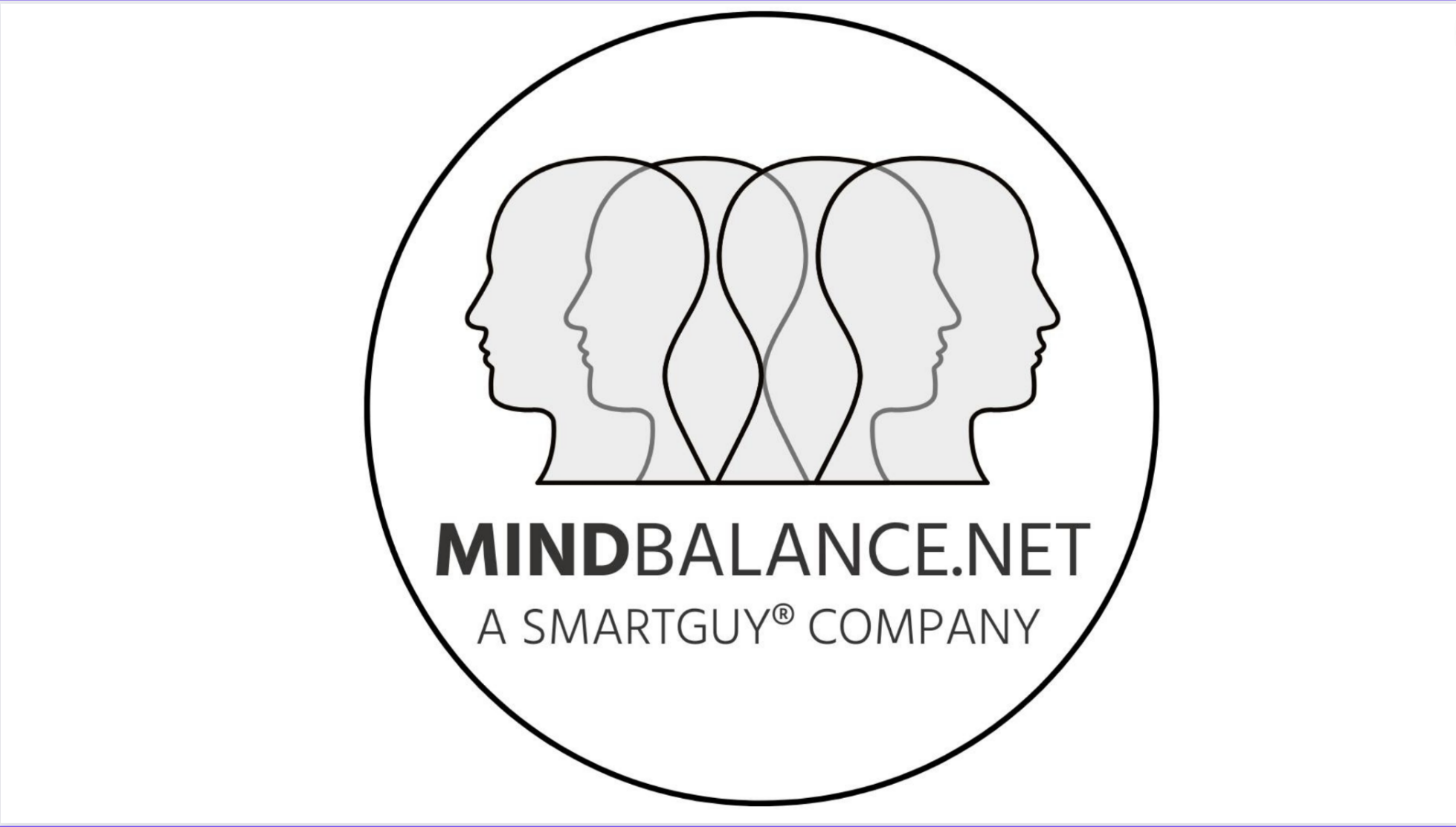Illuminating the Path - Overcoming Ignorance and Misunderstanding in World Religions
Ignorance and lack of understanding are root causes of many conflicts and divisions in society. The world's major religions - Christianity, Judaism, Islam, Hinduism, and Buddhism - offer profound teachings on overcoming these barriers. This article explores specific steps recommended by these faiths to combat ignorance and foster understanding, incorporating quotes and teachings from their sacred texts.
Christianity: Seeking Wisdom and Understanding
- Pursue wisdom and understanding: Proverbs 4:7 states, "The beginning of wisdom is this: Get wisdom. Though it cost all you have, get understanding."
- Encourage learning and inquiry: 2 Timothy 2:15 advises, "Do your best to present yourself to God as one approved, a worker who does not need to be ashamed and who correctly handles the word of truth."
Judaism: Continuous Learning and Questioning
- Value of continuous learning: In Pirkei Avot 5:22, it's taught, "Ben Bag Bag says: Turn it [the Torah] and turn it again, for everything is in it."
- Embrace questioning and dialogue: The Talmudic tradition, with its emphasis on debate and discussion, exemplifies the importance of questioning and understanding diverse perspectives.
Islam: Seeking Knowledge and Wisdom
- Emphasize the pursuit of knowledge: The Prophet Muhammad said, "Seeking knowledge is an obligation upon every Muslim." (Sunan Ibn Mājah 224)
- Encourage learning from cradle to grave: A Hadith states, "Seek knowledge from the cradle to the grave," illustrating the lifelong journey of learning in Islam.
Hinduism: Self-Realization and Universal Knowledge
- Strive for self-realization: The Bhagavad Gita (Chapter 4, Verse 38) states, "In this world, there is nothing as purifying as knowledge."
- Encourage the pursuit of true knowledge: The Upanishads focus on the quest for true knowledge, which transcends mere factual information and reaches spiritual understanding.
Buddhism: Cultivating Wisdom and Openness
- Develop wisdom through meditation: In Buddhism, practices like Vipassana (insight meditation) are crucial for developing deep understanding and wisdom.
- Embrace the beginner's mind: The concept of 'Shoshin' in Zen Buddhism refers to having an attitude of openness, eagerness, and lack of preconceptions when studying, even at an advanced level.
Each of these religious traditions offers a unique pathway to overcoming ignorance and fostering a deeper understanding of the world and ourselves. By valuing wisdom, encouraging continuous learning, and cultivating an open and questioning mind, individuals can move beyond superficial knowledge to a more profound and inclusive understanding. These practices, deeply rooted in spiritual teachings, can guide us towards a more enlightened and harmonious coexistence.
SmartGuy® is committed to cultivating a world of peace, understanding, and unity. Our mission is to empower individuals and communities from all religions through innovative approaches in self-awareness, education, interfaith dialogue and business collaboration. We strive to create a global network where diverse voices are heard and valued, fostering a more peaceful, inclusive, and harmonious world. We believe that by nurturing the seeds of understanding and compassion and focusing on what we all share in common, we can transform our world, one connection at a time. for more information visit www.SmartGuy.com
Category: Mind Balance
Related Articles
- Hindu Wisdom for Modern Lives - Balancing Strengths and Weaknesses through Vedic Teachings
- Living the Teachings of Jesus - 100 Lessons for a Compassionate and Faithful Life
- Navigating Technology and Media for Optimal Mental Well-Being
- Jerusalem's Lesson - A Blueprint for Global Harmony Among Diverse Faiths
- Universal Pursuit of Happiness - Wisdom from World Religions
- Boosting Self-Confidence and Self-Esteem - Your Path to Empowerment
- Overcoming Ego and Self-Centeredness - Lessons from World Religions
- Navigating Diversity - Jerusalem's Tactical Approach to Interfaith Harmony
- The Essence of Islam - Understanding Its Beliefs Rituals and Cultural Significance
- Understanding the Link Between Mental Health and Substance Abuse
- How to become more analytical
- Buddhist Reflections - Navigating the Path of Self-Awareness and Enlightenment
- How to become more stress tolerant
- Cultivating Resilience and Mental Toughness - Keys to Thriving Amidst Lifes Challenges
- Exploring World Religions - A Colorful Journey for Kids
- The SmartGuy plan to Fostering Unity in a Multi-faith Society
- Journey Within - A Jewish Path to Self-Discovery and Spiritual Growth
- Understanding Judaism - A Comprehensive Overview of Beliefs Practices and Cultural Impact
- Embracing Faith and Self - A Christian Guide to Personal Strengths and Weaknesses
- Fostering Harmony Among Christianity Islam Buddhism Hinduism and Judaism
Business News
Popular Posts
- Universal Pursuit of Happiness - Wisdom from World Religions
- Overcoming Ego and Self-Centeredness - Lessons from World Religions
- Transcending Materialism - Spiritual Practices from World Religions
- Overcoming Prejudice and Intolerance - Guidance from Global Faiths
- How Mind Balance Can Improve the Mindsets of Employees
- Interfaith Insights by 1WorldPeace - The Top 100 Universal Beliefs in Global Spirituality
- Bridging Beliefs - Finding Common Ground in Love and Respect
- The SmartGuy Vision - A United Future Through Interfaith Love and Respect
- A Cautionary Vision - The Grim Future of a Divided World Without Love and Balance
- A Tapestry of Faiths - Exploring the Common Threads in World Religions
- Fostering Harmony Among Christianity Islam Buddhism Hinduism and Judaism
- Preparing Kids for Adulthood - 15 Vital Skills They Wont Learn in School
- Navigating Diversity - Jerusalem's Tactical Approach to Interfaith Harmony
- Clearing Mental Plaque: The Path to Enhanced Communication and Divine Connection
- Why Return to Jesus Christ and the Church
- Top 50 Ways to Live Longer
- Adventurous Romance -The Key to Enhancing Relationship Chemistry
- Pork Tenderloin with Mustard Cream Sauce
- Navigating Technology and Media for Optimal Mental Well-Being
- Understanding the Link Between Mental Health and Substance Abuse
